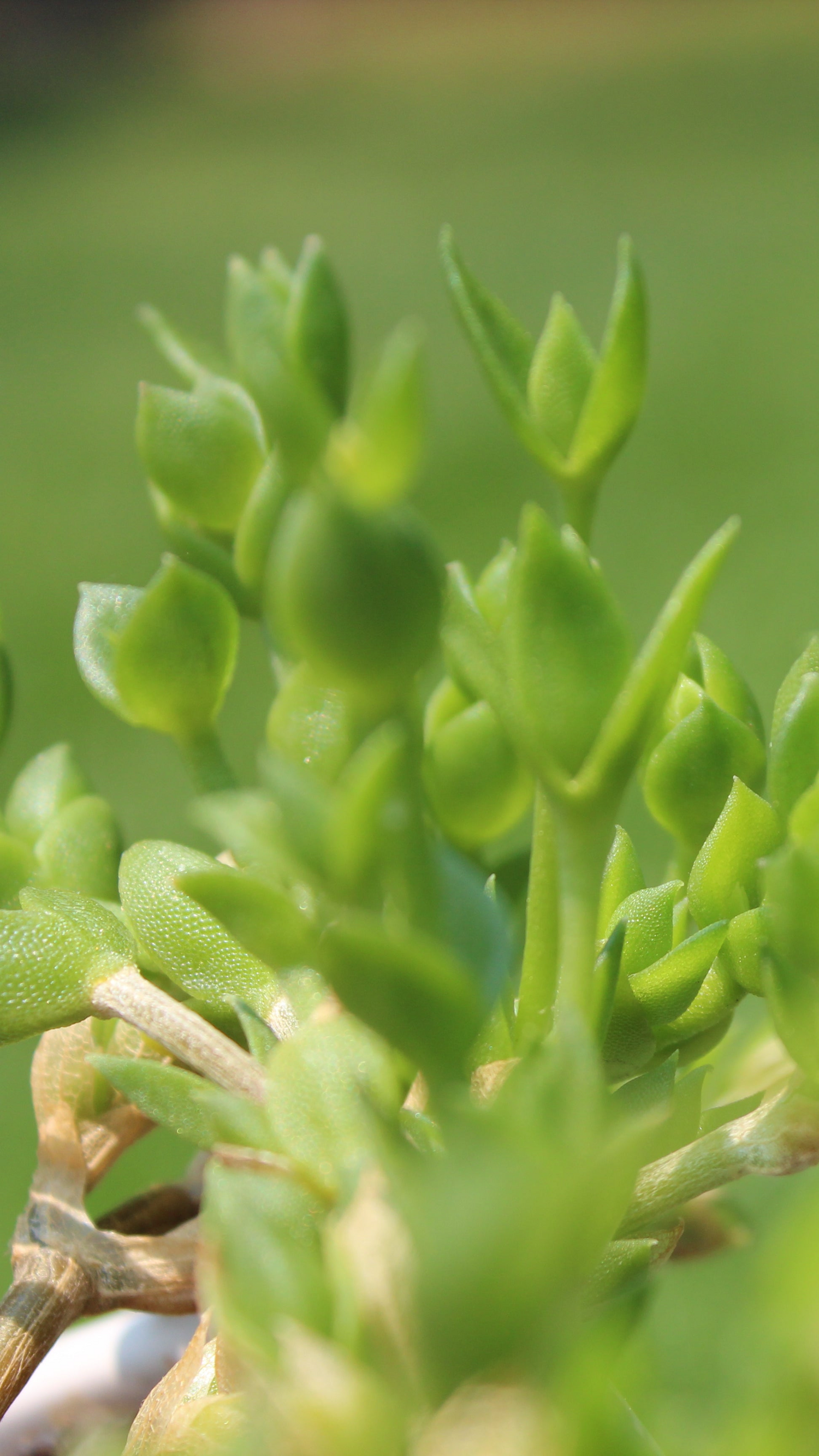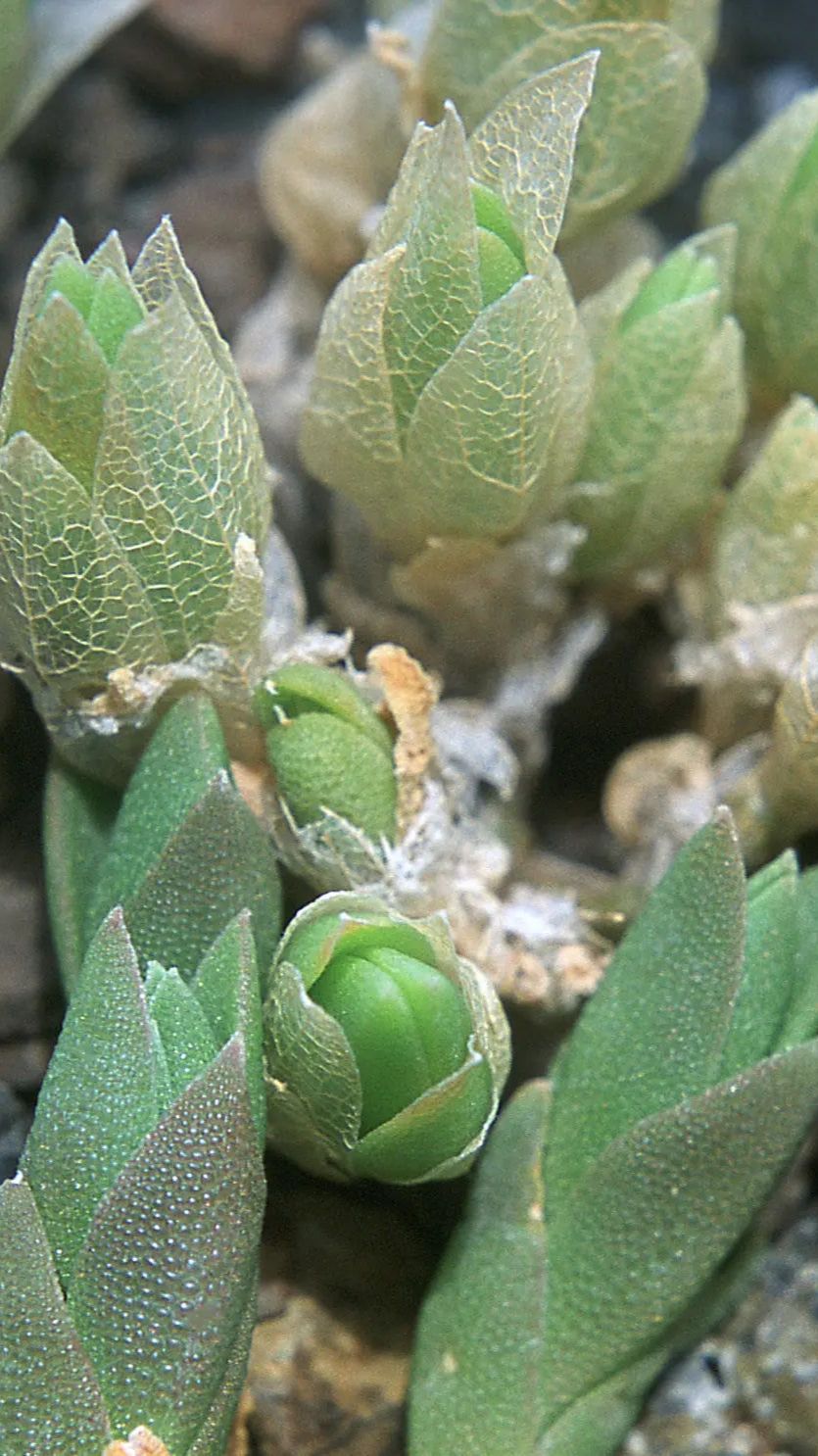Healing Herbals
Lotus Loose Leaf Tea
Lotus Loose Leaf Tea
5.0 / 5.0
(1) 1 total reviews
Couldn't load pickup availability
Premium Blue Lotus Loose Leaf Tea, an exquisite offering for the refined tea connoisseur. The Blue Lotus, Nymphaea Caerulea, a revered plant with historical significance, imparts a serene, floral bouquet and a visually stunning azure infusion.
Blue lotus has a strong history- highly revered in ancient Egyptian culture Blue Lotus played a symbolic role in religious ceremonies. It was associated with the sun god Ra and believed to have divine properties. Blue Lotus flowers were often depicted in ancient Egyptian art and were considered a symbol of purity and rebirth.
Blue lotus, particularly the Blue Lotus (Nymphaea caerulea), is known for its reported psychoactive and relaxing effects. However, it's essential to note that scientific research on these effects is limited, and anecdotal evidence often shapes perceptions. Here's a short description of the reported effects:
-
Relaxation and Calmness:
- Many users claim that the consumption of blue lotus induces a sense of relaxation and calmness. It is often associated with stress relief and tension reduction.
-
Mild Sedation:
- Some users report experiencing mild sedative effects after consuming blue lotus. This can contribute to a state of relaxation and ease, making it popular for those seeking a calming experience.
-
Enhanced Mood:
- Blue lotus is said to have mood-enhancing properties. Users suggest that it may induce a mild euphoria and promote a positive outlook.
-
Aphrodisiac Effects:
- In certain cultures, blue lotus has been historically considered an aphrodisiac. Some users claim that it enhances sensuality and intimacy.
-
Mild Hallucinogenic Effects:
- There are anecdotal reports of mild hallucinogenic effects associated with blue lotus consumption. Users may experience altered perceptions and vivid dreams.
-
Enhanced Dream State:
- Blue lotus is sometimes associated with an enhancement of dream experiences. Some users report having more vivid and memorable dreams after consuming it.
Tasting Notes:
- Our Blue Lotus has refined floral essence, subtle yet captivating.
- Balanced sweetness with a delicate, herbaceous finish.
Aroma:
- Sophisticated and soothing, evoking a sense of tranquility.
Visual:
- The leaves gracefully unfurl in hot water, revealing a vibrant blue hue, a testament to its premium quality.
Brewing:
- Steep in gently heated water (80°C/176°F) for an optimal experience.
As always blue lotus does is not FDA approved to treat or cure and illness or sickness. Always consult your physician before trying any new herbal supplement.
Share


Kanna & Quality
Healing Herbals commitment extends through sustainable and ethical
sourcing of Sceletium tortuosum. We ensure that our plant material is
organically grown, without the use of synthetic chemicals, and sourced
either from well-managed farms or sustainably maintained wild ecosystems
on private lands.
In alignment with our ethical practices our
main suppliers participate in fair sharing agreements with the
indigenous San and Khoikhoi communities including the South African San
Council. These are the traditional knowledge holders of Sceletium.
Additionally our suppliers are authorized by the Western Province
Department of Cape Nature to distribute and export Sceletium globally

History of Kanna
This revered herb, indigenous to South Africa, has played a
significant role in the lives of the local people, particularly the
Khoikhoi and the San tribes, since prehistoric times. These tribes,
initially hunter-gatherers, used Kanna for various purposes including
relief from thirst and hunger, to combat fatigue, and for social and
spiritual purposes. They had a profound connection with the plant,
associating it with the sacred eland antelope and referring to it by the
same name: 'kanna'.
The first isolation of an alkaloid from Sceletium tortuosum was in 1898 by
Meiring, who called it mesembrine. This discovery led to a deeper
understanding of the plant's chemical composition, though its exact
composition remains elusive.
Kanna's long-standing history
reflects its significance in South African culture and its evolving role
in global herbal medicine and recreational use. From its traditional
roots to modern applications, Kanna has remained a plant of great
interest and value.

